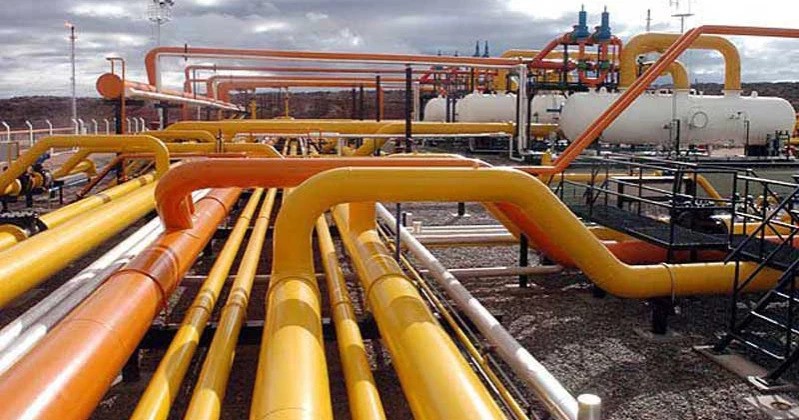Bangladesh’s first-ever petroleum transport pipeline — linking Chattogram with Narayanganj — is set to begin commercial operations in the third week of July, following successful trial runs.
The pipeline, constructed by the Bangladesh Army’s 24th Engineer Construction Brigade, will deliver diesel directly from Chattogram to Narayanganj, drastically reducing transport costs and logistical hurdles. Trial operations concluded in late June with the successful delivery of 6,000 tonnes of diesel.
A senior Bangladesh Petroleum Corporation (BPC) official confirmed that the military, which oversaw construction, is scheduled to hand over the project within two weeks. Full-scale commercial operations will commence immediately after the handover.
Between 24 and 29 June, diesel was moved from Chattogram to the Godnail depot in Narayanganj as part of the final testing phase.
BPC Chairman Amin Ul Ahsan told reporters the pipeline would resolve longstanding transport difficulties. “Even when railway wagons are available, locomotives are often not. Road transport is slowed by traffic congestion, and waterways face their own set of issues,” he said. “Since diesel accounts for about 70% of the country’s fuel consumption, the pipeline will carry primarily diesel. Petrol and octane will continue to move by rail and water as before.”
Bangladesh meets around 92% of its fuel demand through imports, with an annual requirement of 6.5 million metric tonnes, according to BPC data. For FY2024–25, the government plans to import 5.91 million tonnes of refined fuel, including 3.08 million tonnes through government-to-government (G2G) deals and 2.83 million tonnes via open tenders. An additional 1.4 million tonnes of crude oil will also be imported.
Diesel tops the list of refined fuels, followed by mogas, jet A-1, furnace oil, and marine fuel. About 40% of Bangladesh’s diesel demand is concentrated in the Dhaka region.
At present, diesel is transported by river from Patenga in Chattogram to the Godnail and Fatullah depots in Narayanganj, and then trucked to Dhaka. This system uses about 150 vessels per month and costs the state more than Tk 2 billion each year.
With the new pipeline, these costs will be slashed. Annual operating expenses, including maintenance, electricity, and land rent, are estimated at around Tk 900 million.
Officials estimate the project will generate Tk 3.26 billion in revenue annually while saving approximately Tk 2.5 billion in logistics expenses. The investment is projected to be recovered within 16 years.
Originally budgeted at Tk 28.61 billion, the project’s cost was later revised to Tk 36.99 billion.
Encouraged by the army’s successful completion of the pipeline, the government is expected to assign the next phase to the same force: a pipeline from Narayanganj’s Godnail depot to Hazrat Shahjalal International Airport in Dhaka for jet fuel transport.
The pipeline spans a total of 237 kilometres, including a 59-kilometre stretch from Cumilla to Chandpur and an 8.5-kilometre section between Fatullah and Godnail.
Funded by BPC, this strategic infrastructure marks a major milestone in Bangladesh’s quest for secure, efficient, and cost-effective fuel transport.


